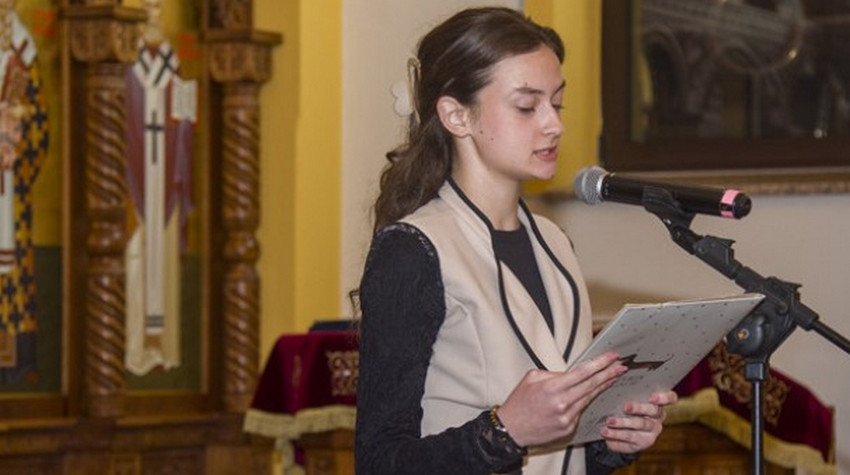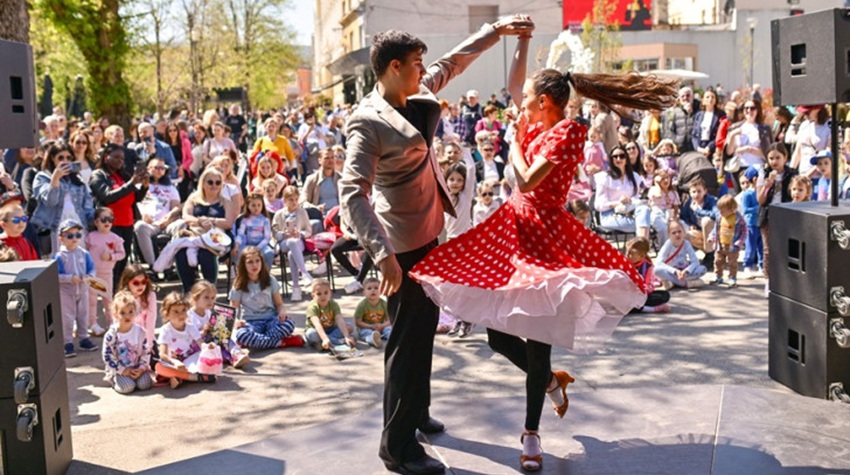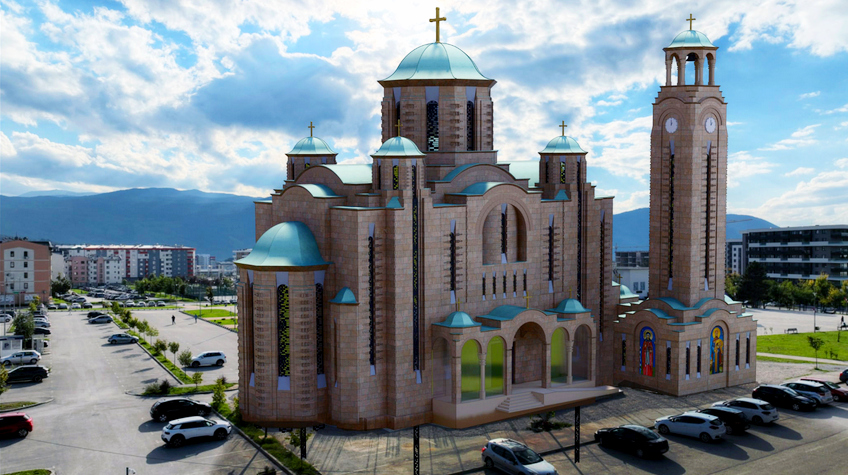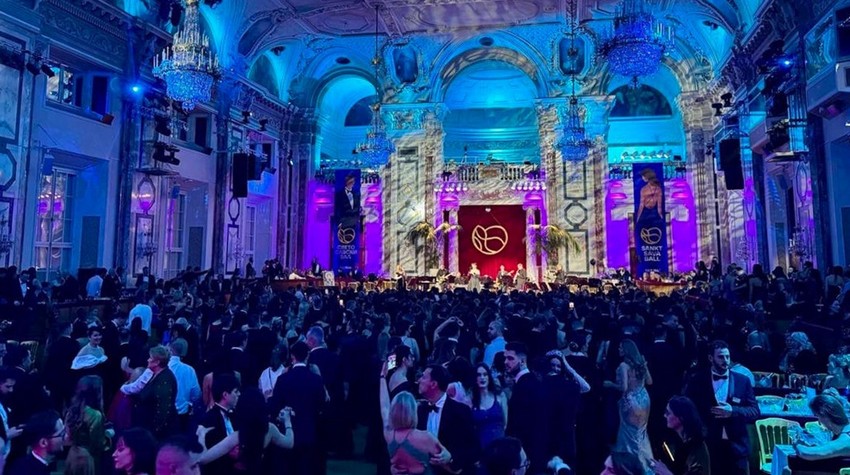CELEBRATING SLAVA: PRESERVING TRADITION IN MODERN TIMES
The season of Slava has begun, and Father Predrag Popović emphasizes that a homemade Slava bread (Slavski kolač) should be kneaded at home, not ordered from a bakery.
He also insists that Slava should be celebrated at home, not in a restaurant, and fasting rules should be respected when required. Failing to follow these traditions, he believes, is akin to dishonoring one's patron saint.
Father Popović explains that among Serbs, the tradition of Slava dates back to the period when families first embraced Christianity.
"For example, if a family adopted Christianity on the day of a certain saint, the eldest member would dedicate the day to that saint. Those who celebrate Miholjdan, for instance, honor the day their family was baptized. That’s why it’s called krsna Slava (family saint day), as it marks the day of their christening," he notes.
The Meaning and Traditions of Slava
Father Popović highlights that the family’s patron saint is regarded as the protector of the household and an intercessor before God. However, modern Slava practices also include a blend of folk traditions. The church ceremony associated with Slava as we know it today began with Metropolitan Mihailo of Belgrade in 1862.
Breaking Fasting Rules: A Dishonor to the Saint
Father Popović stresses the importance of sharing a meal with loved ones on Slava.
"If the liturgy is an image of the heavenly kingdom with Jesus Christ among us, then Slava is an icon of the liturgy," he explains.
He also warns against mixing fasting and non-fasting foods during a fasting Slava, calling it an insult to the saint.
"For example, serving pork on Nikoljdan (St. Nicholas Day), which falls during the Christmas fast, with the excuse that guests won’t come if there’s no meat, is unacceptable. Those who won’t attend a Slava because it’s a fasting meal shouldn’t come at all," he states firmly.
The Symbolism of Slava Bread and the Home Celebration
When asked about celebrating Slava in today’s fast-paced world, where some opt for ordering food or hosting in restaurants, Father Popović encourages resisting such changes.
"We’ve become an instant generation. Even Slava bread is now being made in bakeries, but it should be kneaded with holy water. No matter how simple it is, it symbolizes our sacrifice. Holy water must not be wasted," he warns.
He also opposes celebrating Slava in restaurants, emphasizing that it should be a modest, family-centered event.
"The point of Slava is to make an effort and sacrifice as a family. If circumstances require celebrating in a restaurant, what truly matters is the spirit of the celebration. Smoking, arguing, or discussing politics during Slava is not in its essence. The focus should be on family unity," he explains.
How Slava is Passed Down
Regarding the tradition of passing down Slava through male descendants, Father Popović believes it’s a matter of family agreement.
"Traditionally, male children inherit Slava, similar to family surnames. However, women can choose to celebrate their maiden Slava or any other saint. For instance, my wife celebrates Saint Paraskeva," he concludes.
Father Popović reminds us that Slava is not just a feast but a deeply spiritual and family-oriented tradition that deserves respect and effort to preserve its true essence.













